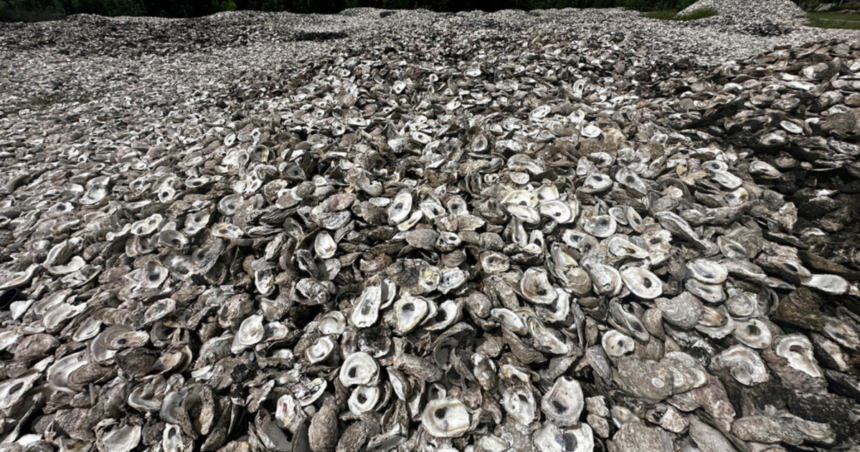Visitors to Louisiana spent around $16.2 billion last year, an increase of almost 4% from 2022. New Orleans cuisine, especially oysters, is a major attraction.
Louisiana restaurants are not only catering to tourists and locals but also assisting in combating land-loss on the coast.
Oysters are a fundamental delicacy in Louisiana, with the famous oysters Rockefeller dish originating in 1889 at Antoine’s in New Orleans.
Now, these shellfish, along with their shells, are contributing to the area in a different way.
“Louisiana is facing a land-loss crisis. In the past century, over 2000 square miles of land have been lost,” stated Michael Biros, the restoration program director with the Coalition to Restore Coastal Louisiana, to The Associated Press.
The Coalition to Restore Coastal Louisiana reports that since 2014, more than 13 million pounds of shells have been utilized to construct reefs at various coastal locations.
RELATED STORY | Costco’s emergency food bucket that has 25-year shelf life raising eyebrows
Many shells are sourced from renowned New Orleans restaurants. The state offers tax credits for every 50 pounds of shells recycled.
“We’re breaking free from the pessimistic cycle and demonstrating that there is a way to progress, to have a future in this landscape,” Biros expressed.
Levees on the Mississippi River have disrupted sediment crucial for supporting stable ground, contributing to Louisiana’s land loss. Rising sea levels and hurricane destruction have also impacted the loss of wetlands.
Volunteers play a significant role in constructing shell reefs, with some getting involved post-Hurricane Katrina by working with AmeriCorps.
RELATED STORY | Food waste after Fourth of July holiday reaches estimated $12 million
As Louisiana produces approximately a third of the nation’s oysters, the new reefs are creating breeding grounds for more oysters.
“New oysters will grow on old oyster shells. Therefore, the reef will expand over time, keeping up with sea level rise and stabilizing the shoreline effectively,” Biros explained.
Oysters also play a role in maintaining clean water, each filtering up to 50 gallons of water daily.





